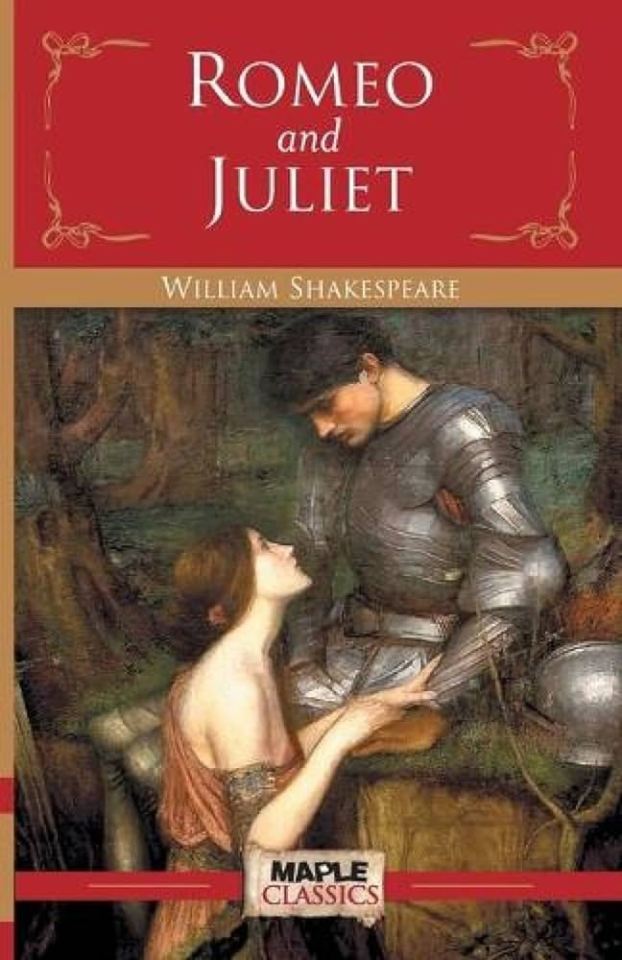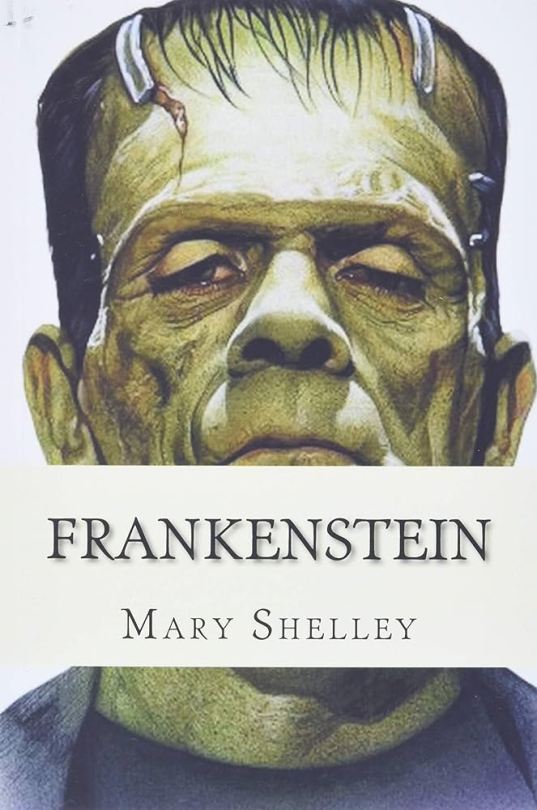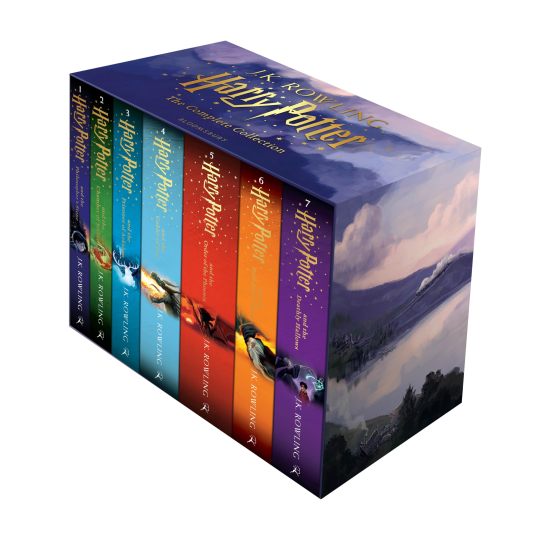Don't wanna be here? Send us removal request.
Text
The History of Books: How the World’s Most Famous Books Were Written
Books have shaped our world, igniting revolutions, inspiring generations, and transporting readers to realms both real and imagined. Behind every famous book lies a fascinating history – tales of persistence, creativity, and sometimes sheer serendipity. In this blog, we delve into the creation stories of some of the world’s most iconic works, exploring the minds and circumstances that brought them to life.
The Dawn of Written Stories
The history of books begins not with bound volumes but with ancient scrolls, clay tablets, and oral traditions. Among the oldest known written texts is the Epic of Gilgamesh, an ancient Mesopotamian poem etched onto clay tablets around 2100 BCE. The tale’s creation was likely a collective effort, passed down orally before scribes immortalized it. It offers a glimpse into early human civilization, showcasing themes of friendship, mortality, and the pursuit of meaning that remain relevant today.
From there, civilizations such as the Greeks and Romans elevated literature through works like Homer’s Iliad and Odyssey, foundational epics believed to have been composed around the 8th century BCE. While scholars debate whether Homer was a single individual or a symbolic name for multiple poets, the works demonstrate the power of storytelling to preserve history and culture.
The Birth of Classics
Fast forward to the Renaissance and Enlightenment periods, when the written word flourished. In 1605, Miguel de Cervantes published Don Quixote, often hailed as the first modern novel. Cervantes, a former soldier who had faced imprisonment and financial struggles, wrote this timeless satire to critique the chivalric romances of his time. Little did he know that his tale of a delusional knight and his loyal squire would influence literature for centuries.
Around the same time, William Shakespeare was penning plays and sonnets that would define English literature. His works, such as Hamlet, Macbeth, and Romeo and Juliet, were not initially written to be preserved in book form but performed on stage. It was only after his death that colleagues compiled his plays into the First Folio, ensuring their legacy.

The Rise of the Novel
The 18th and 19th centuries marked the golden age of the novel, with authors crafting masterpieces that captured the complexities of human experience. Mary Shelley’s Frankenstein, published in 1818, was born from a storytelling contest during a stormy night at Lord Byron’s villa. Shelley, just 18 years old at the time, wove a tale that blended gothic horror with profound ethical questions about creation and responsibility.

Similarly, Jane Austen, whose works such as Pride and Prejudice and Sense and Sensibility are beloved worldwide, wrote with sharp wit and keen social observation. Austen worked in relative obscurity during her lifetime, often publishing her novels anonymously. Her manuscripts, painstakingly written by hand, reflect her dedication to her craft despite societal constraints.
Revolutionary Voices
The 20th century saw books becoming powerful tools for social and political change. George Orwell’s 1984, written in 1948, emerged from the author’s disillusionment with totalitarian regimes. The dystopian novel, with its chilling concepts of surveillance and propaganda, continues to resonate in contemporary discussions about freedom and privacy.
Meanwhile, Harper Lee’s To Kill a Mockingbird, published in 1960, tackled issues of racism and injustice in the American South. Lee drew inspiration from her own childhood experiences, creating a narrative that highlighted the importance of empathy and moral courage. The novel’s enduring popularity speaks to its universal themes and poignant storytelling.
Modern Marvels
In recent decades, books have become even more diverse, breaking boundaries and exploring previously uncharted territory. J.K. Rowling’s Harry Potter series, which began with Harry Potter and the Philosopher’s Stone in 1997, revolutionized children’s literature. Rowling famously conceived the idea for the series while on a delayed train, later writing much of the first book in cafes while facing personal hardships. Today, the series stands as a testament to perseverance and the magic of imagination.

Similarly, Chimamanda Ngozi Adichie’s novels, such as Half of a Yellow Sun and Americanah, have brought African stories to the global stage. Adichie’s eloquent prose and incisive commentary on identity, feminism, and history have cemented her place among modern literary greats.
The Unwritten Stories
Behind every great book is a story of its creation: the sleepless nights, the spark of inspiration, and the relentless effort to turn a vision into words. These tales remind us that books are not just objects but vessels of human thought and experience.
Whether you’re seeking timeless classics, groundbreaking contemporary works, or hidden gems, there’s no shortage of incredible stories to discover. To immerse yourself in the world’s most famous books, visit Boganto.com, your destination for literary treasures that have shaped history and continue to inspire readers everywhere.
1 note
·
View note